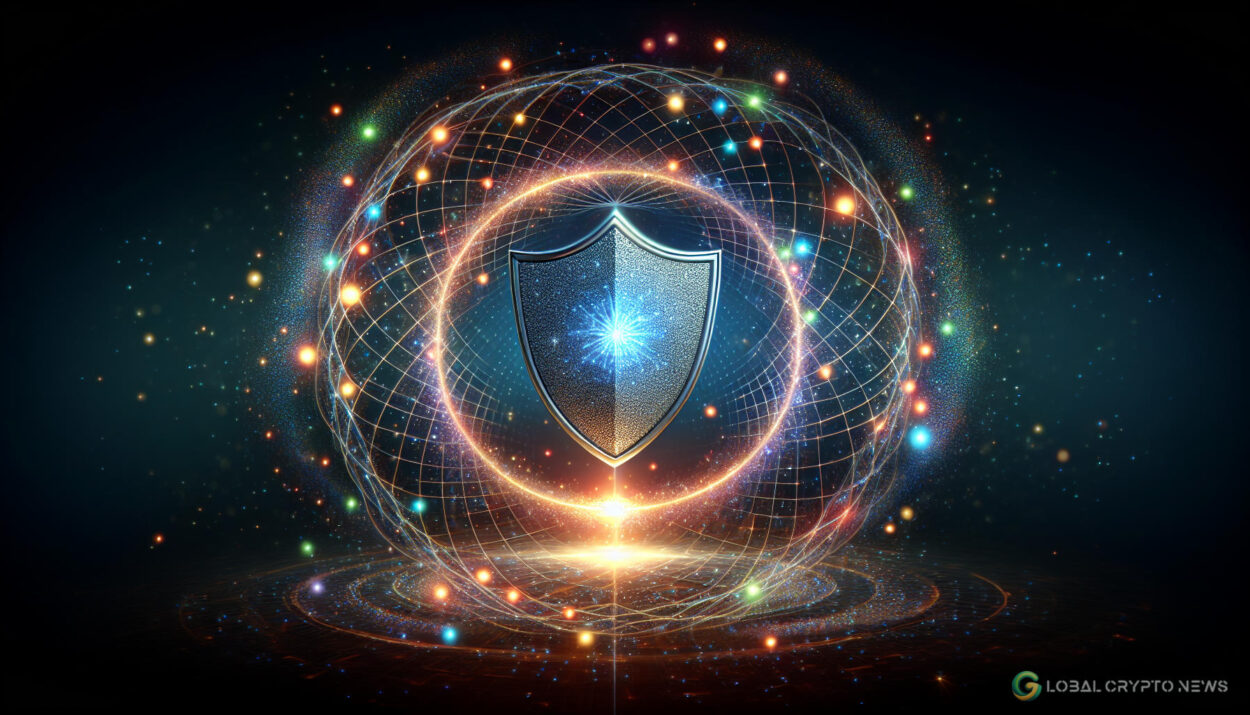Ripple is highlighting the importance of quantum-resistant cryptography to protect blockchain systems from future threats posed by quantum computing.
Professor Massimiliano Sala, a mathematician from the University of Trento in Italy, recently discussed the future of blockchain technology, encryption, and quantum computing with Ripple’s team as part of their university lecture series.
According to Sala, the current encryption methods used by blockchain networks could be cracked by quantum computers in the near future, putting entire blockchains at risk:
“Quantum computers could easily solve problems that are foundational to digital signatures, thus potentially undermining the mechanisms that protect users’ assets on blockchain platforms.”
Sala refers to a theoretical event known as “Q-day,” when quantum computers become powerful enough to break current encryption methods used to secure data. Such a scenario would be devastating for fields where data security is crucial, including emergency services, banking, national security, and healthcare. The cryptocurrency and blockchain space would also face significant risks, exposing vulnerabilities in smart contracts, digital wallets, and the underlying blockchain infrastructure.
The research suggests that all classical public-key crypto systems should be replaced with quantum-secure counterparts. An upcoming quantum computer or attack algorithm could potentially solve encryption keys using brute computational force.
Bitcoin, the world’s leading cryptocurrency, could also be vulnerable to attacks by future quantum computers. Current cryptographic algorithms, like those used in Bitcoin, rely on mathematical problems that are difficult for classical computers to solve within a reasonable time. However, quantum computers could potentially break these algorithms with their immense processing power.
While no practical quantum computer capable of such a task currently exists, governments and scientific institutions worldwide have been preparing for Q-day. Sala emphasized that although such an event may not be imminent, the potential threat warrants proactive measures.
Sala discussed the technical challenges, such as higher computational demands and larger data quantities for secure transactions. Nevertheless, he is optimistic about ongoing research to improve these implementations for practical use.
He praised international collaboration initiatives, including the standardization process of the National Institute of Standards and Technology (NIST) in the United States, which advances the development of quantum-resistant cryptographic standards. Sala believes that the collaborative method ensures new schemes are rigorously evaluated across the community, enhancing their reliability and security.
Sala also suggested incorporating current cryptography methods into traditional academic courses to educate students on the sector’s evolving issues.
“The probability of quantum threats materializing may not be imminent,” Sala stated. “But it is significant enough to warrant proactive measures.”
For more updates on cryptocurrency and finance, continue exploring the latest news on Global Crypto News.






















